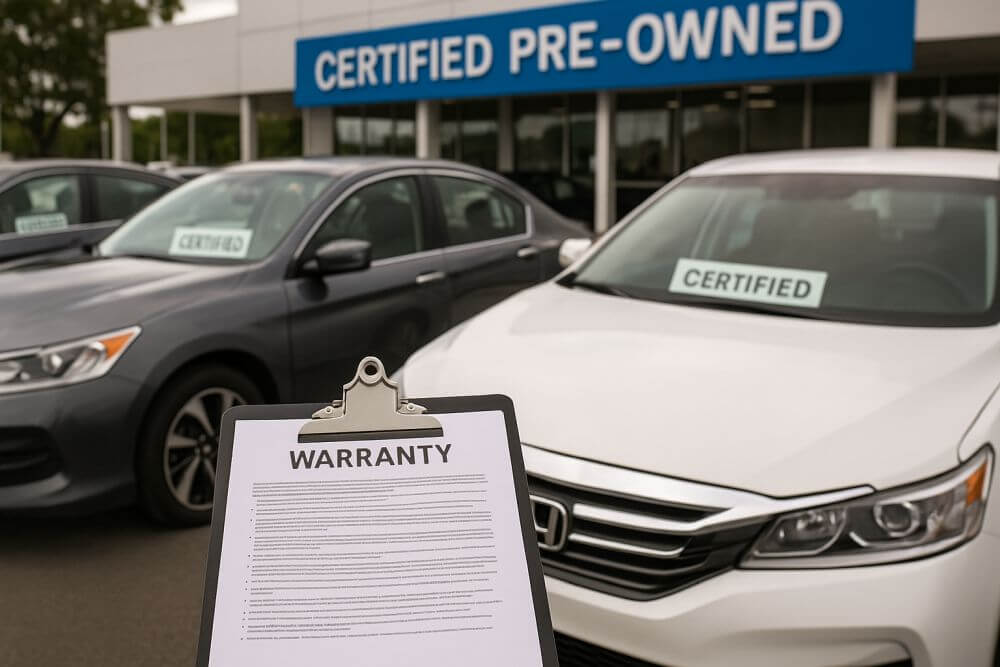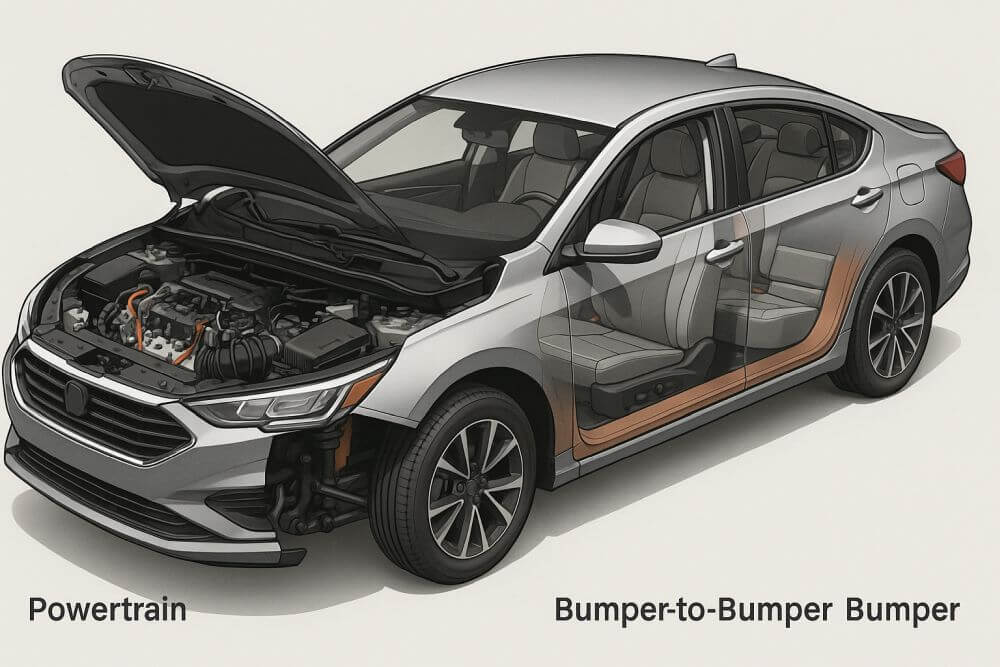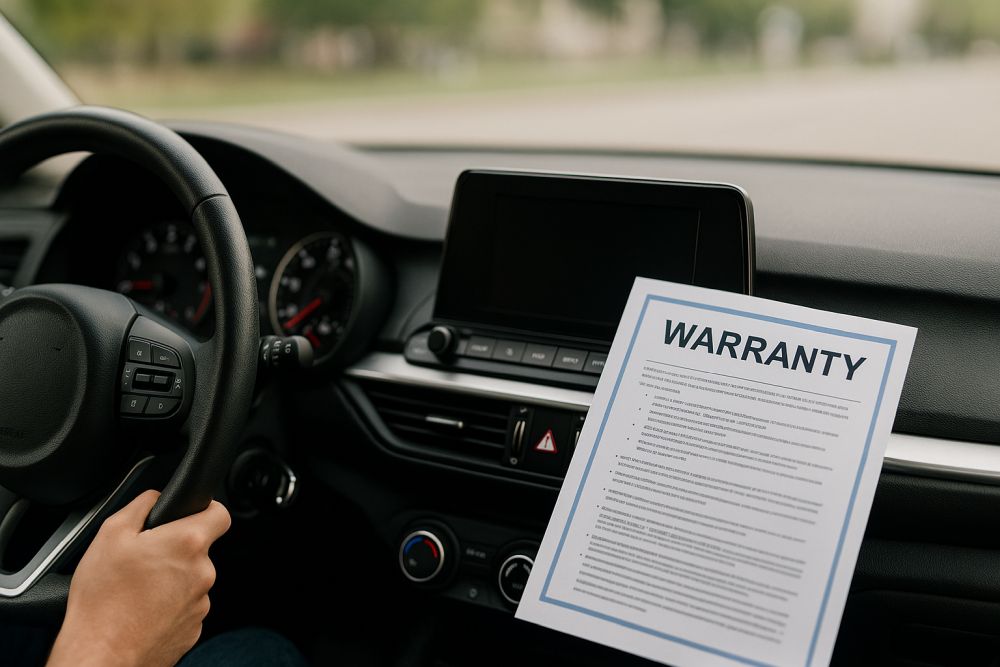Are you in the Illinois market for a used car and don’t know where to start? Are you confused by the amount of information out there and overwhelmed by the sheer number of options available in Illinois? Don’t worry – in this article, we’ll supplement your VIN check or plate lookup report with the extra info you need to make an informed decision when buying a used car. So, without further ado, let’s dive in and learn the secrets to buying the perfect used car!
1. Research the fair market value of the car you are interested in. Doing this will help you determine if the seller is offering a good car deal or not. This will also ensure that car buyers are getting a fair price for their chosen cars based on Illinois data. Knowing the vehicle’s fair market value can give buyers an edge to negotiate a better deal and be reassured that they are not overpaying for the vehicle.
2. Be vigilant about being taken advantage of by a seller. They may be inflating the price of the car due to its features or condition. To prevent overpaying for a vehicle that is not worth its asking price, you must do thorough research. Look at prices for similar cars in the area, as well as any reviews or ratings for the same model in question. Talk to a car expert if possible, as they may be able to point out any potential issues or explain any differences in cost. Additionally, if the seller is willing to negotiate, try to get them to lower the price. Before making a final decision, take the car for a test drive and thoroughly inspect it. Finally, make sure to read any paperwork or agreements before signing, and be aware of any hidden fees or extra costs that may affect your budget.
3. Watch out for dubious schemes hatched by sellers. Defend yourself from being scammed by fraudsters who may be trying to make a profit off of unsuspecting car buyers. It’s vital to take steps to protect yourself from becoming a victim when buying a car. Before making any purchases, be sure to verify the seller’s credentials and check the vehicle’s history. Ask to see the vehicle’s title, inspection, and maintenance documents. Research the model year, make, and model of the car to make sure it’s the appropriate price for its condition. Don’t pay upfront without having seen the car in person, and if you’re buying from a dealership, ask for a warranty or guarantee. When test driving the car, be sure to take it for a long ride to check for any issues. Finally, if something doesn’t feel right or a deal seems too good to be true, trust your instincts and look elsewhere.
4. Make everything count. When making a large purchase, it is essential to expend just the right amount of time and energy. To do this, research the product in advance to confirm it meets your needs and expectations. Get recommendations from trusted sources, read reviews, and compare prices. Sites like J.D. Power and NADAGuides can be very helpful with these. Whenever possible, try out the product before you buy it. If you can’t test it, get a money-back guarantee or a warranty (though we highly discourage skipping test drives). Be sure to ask questions and read the fine print before committing to the purchase. Finally, if the price is too good to be true, it probably is. Don’t be fooled by too-good-to-be-true deals – they’re often a rip-off. Taking the time to do your homework will save you time and energy in the long run and help you get the best value for your money.
5. Do regular maintenance. It is crucial to be aware of potential warning signs when shopping for a used car to ensure you don’t receive a lemon or a vehicle afflicted with serious mechanical issues that can cost you in the long run. First, check for rust or other corrosion on the body, as well as in the wheel wells and door jams. Rust can indicate poor maintenance and a lack of care from previous owners. Also, pay attention to any dents or bumps in the body, as these could signify a previous accident or a hard hit. Next, take a look under the hood and inspect the engine. Make sure all of the hoses, belts, and electrical wiring are in good condition. If they are too old or brittle, they may need to be replaced soon. Also, look at the oil and transmission fluid levels to ensure they have been topped off by the previous owner. Finally, take a test drive. Listen for any strange noises coming from the engine, suspension, or brakes, as these could be signs of bigger problems. Pay attention to how the vehicle accelerates and brakes, as these functions should be smooth and consistent. By following these to the letter, you can better assess the condition of a used car and avoid potential problems down the line.
6. Avoid getting stuck with outdated or compromised cars. Investing in a quality used vehicle is an excellent way to save money, but it does come with some risks. To avoid getting stuck in a vehicle with serious mechanical issues, there are a few steps to follow. Begin by researching the vehicle’s history. Look for previous owners, the number of miles, any major accidents, and any recalls. Then, when you go to view the car in person, take along a trusted mechanic to inspect everything. Have them check the battery, brakes, suspension, and any other important systems. Next, take the car for a test drive. Pay close attention to the feel of steering, brakes, and acceleration. Listen for any unusual noises or feel any vibrations while the car is running. Finally, make sure that the title of the car is completely clear of any liens or other issues. Doing all of these ensures that you buy a quality used car that will last you for many years.
After considering all of the factors involved in purchasing a used car, it is clear that there are a few key pieces of advice that all drivers should take into consideration. With these tips in mind, car buyers will be able to make an informed decision should they heed them when shopping for a used car, and thus, have every confidence in their purchase.


